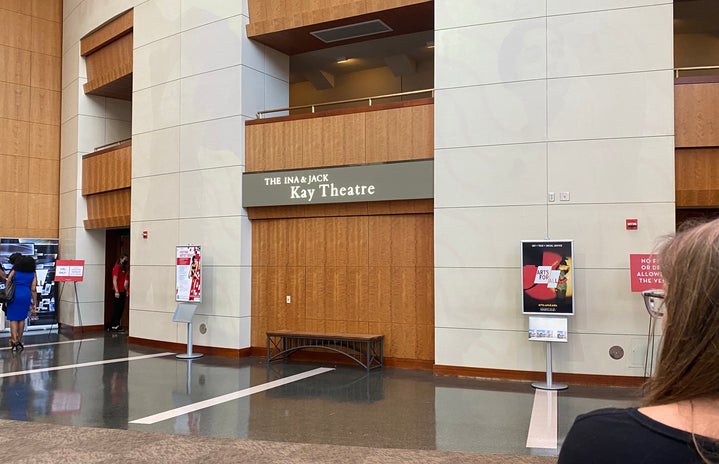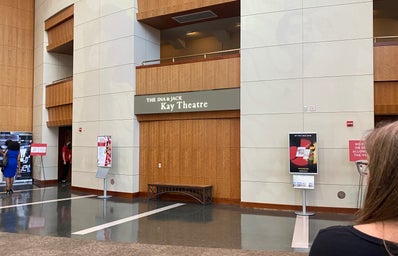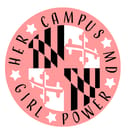Article by Freelancer Juliana Brannan
Dean Bonnie Thornton Dill led a conversation with 1619 Project creator Nikole Hannah-Jones at the The Clarice Smith Performing Arts Center Tuesday evening about truth and history.
Hannah-Jones is a Pulitzer Prize-winning creator of the 1619 Project, as well as a staff writer at The New York Times Magazine. She has dedicated herself to investigating racial inequality and injustice.
The 1619 Project explores the legacy of slavery and it reames U.S. history by placing the contributions and consequences of slavery of Black Americans at the very center of our national narrative.
“This conversation is yet another demonstration of how important the public humanities are to addressing some of the most profound issues facing our world,” said Jennifer King Rice, senior vice president and provost of UMD.
This conversation discussed the difficult but essential work of engaging the public to reflect on history, as well as the power of such efforts and making it present.
Hannah-Jones discussed the origin story of America that we learn in school, such as the pilgrims or Jamestown, yet that is the origin story that serves nationalism and power. These stories do not place the Black Americans in their origin story, and usually only include them within slavery.
What Hannah-Jones wants to do with the 1619 Project is explore how we can better understand our nation if we marked our origin at a different point, not at freedom, but slavery in 1619. Many people in the United States argue that slavery and freedom were born at the same time.
“We’ve only wanted to grapple with one of those stories because one glorifies America and the other one really extended the hypocrisy at our founding,” said Hannah-Jones.
In this conversation, there were also several mentions of Hannah-Jones’ book “The 1619 Project: A New Origin Story.”
The name 1619 is derived from a ship that appeared on the horizon near Point Comfort, where over 20 enslaved Africans arrived and were then sold into slavery, according to the 1619 Project.
Hannah-Jones believes that if we can better understand our country’s most prevalent tensions, like slavery, then we can evolve into a better world.
Without slavery, the United States would not exist, and Hannah-Jones wants to ensure that she enforces this notion.
“[Jones] is quite a powerful personality and has amazing things to say. And I felt the opportunity to hear it in person and not just to like, read it in her book … was an opportunity that I could miss,” said Mendel Vackman, sophomore international relations major.
This event was the Dean’s final lecture series of UMD’s College of Arts and Humanities.
This event was fully booked and the tickets were free. It also included a Q&A session towards the end of the discussion.
The audience was encouraged to get involved with the conversation via twitter by using the #rhudls.
“How would we better understand our nation is if we marked our origin at a different point, not at freedom, but at slavery,” said Hannah-Jones.


